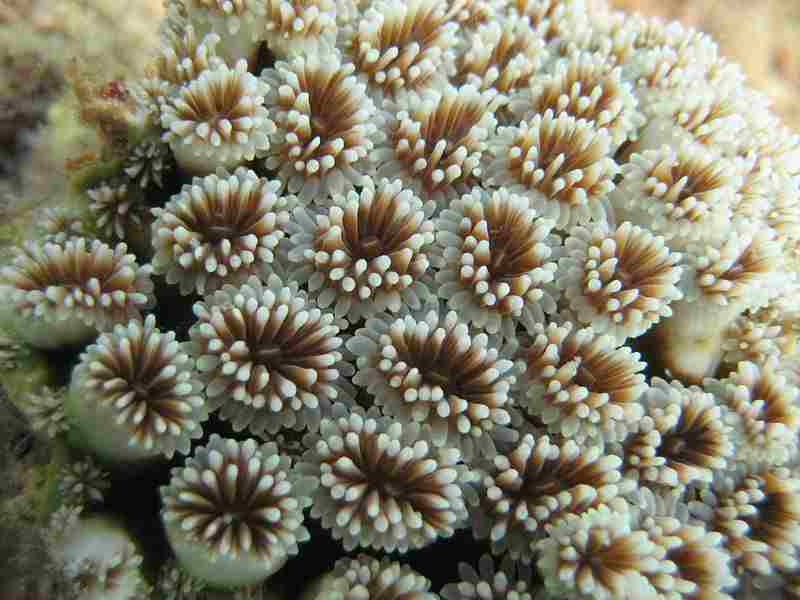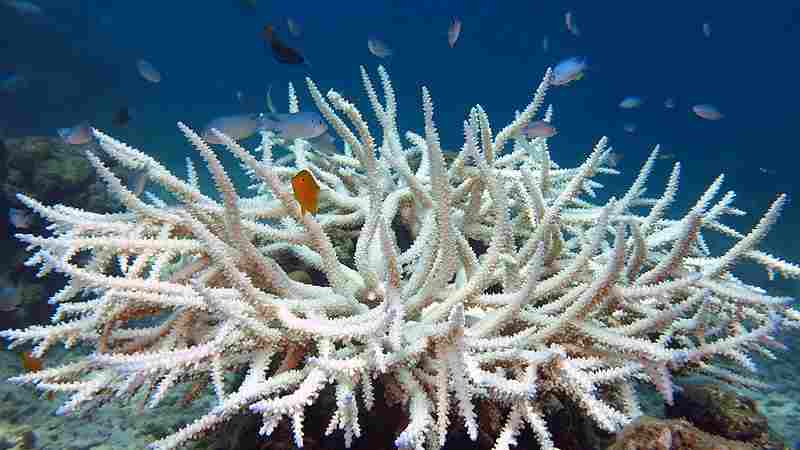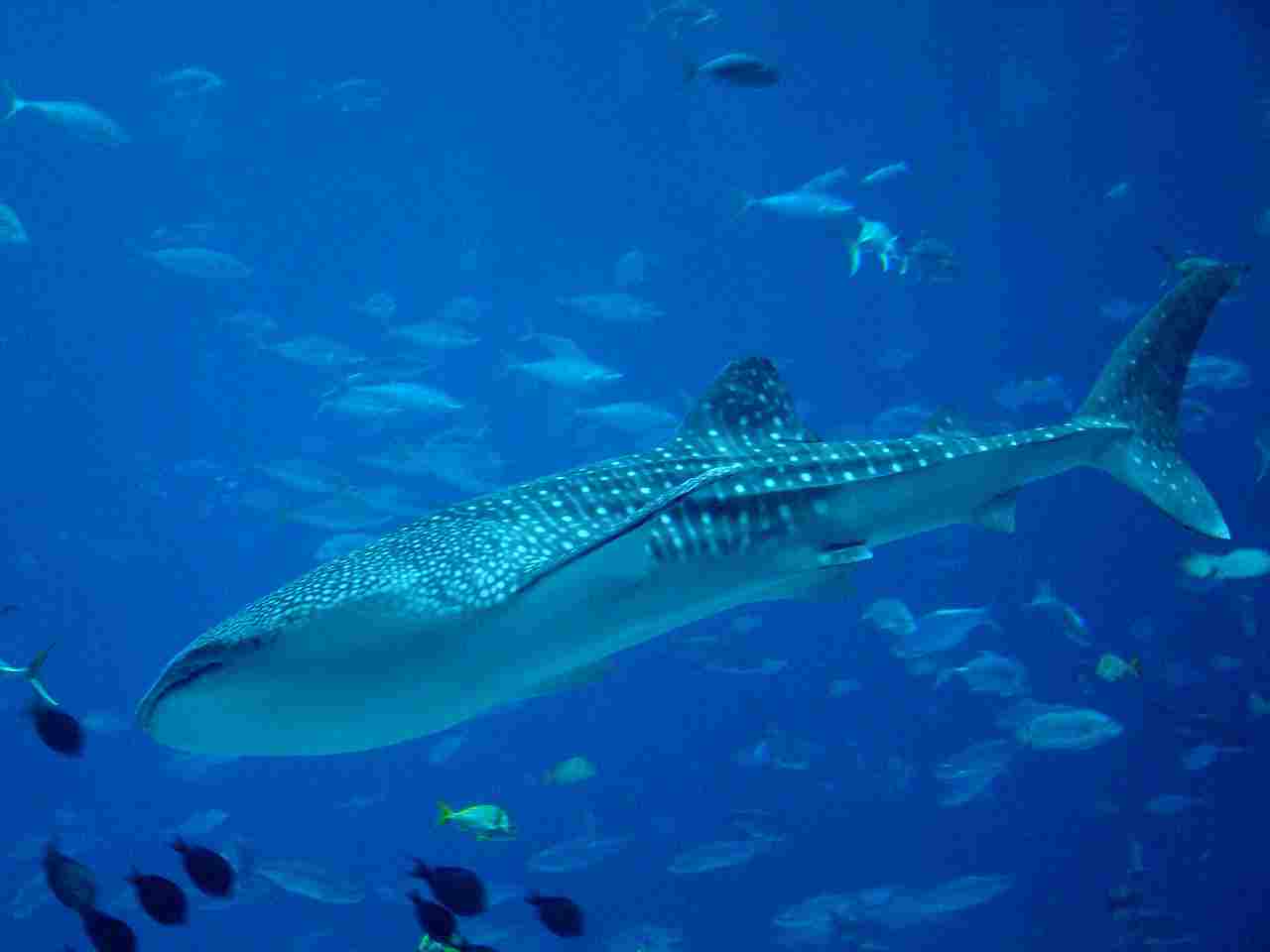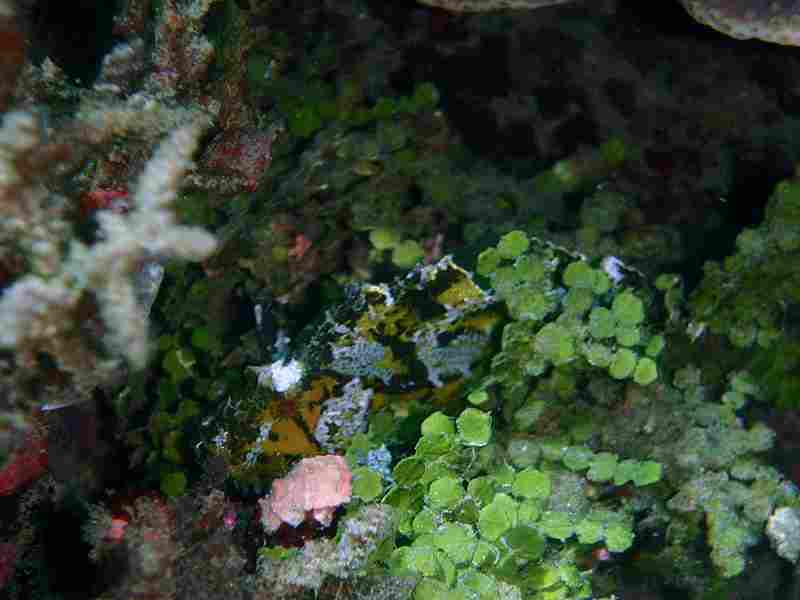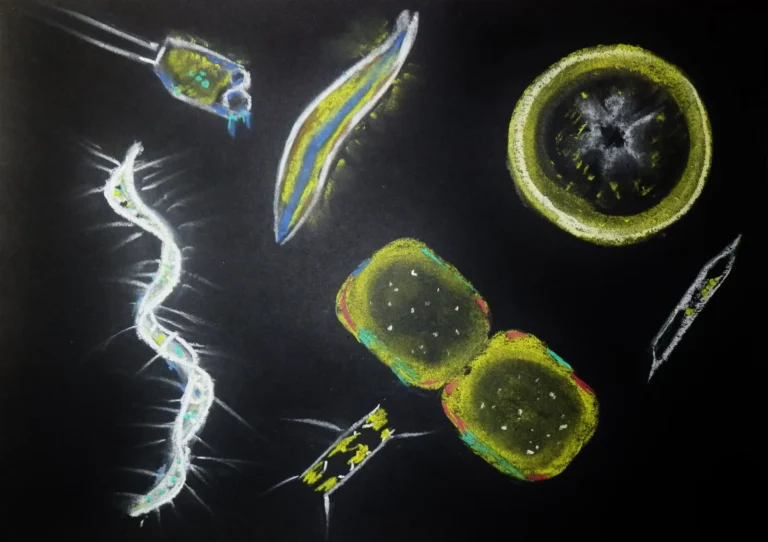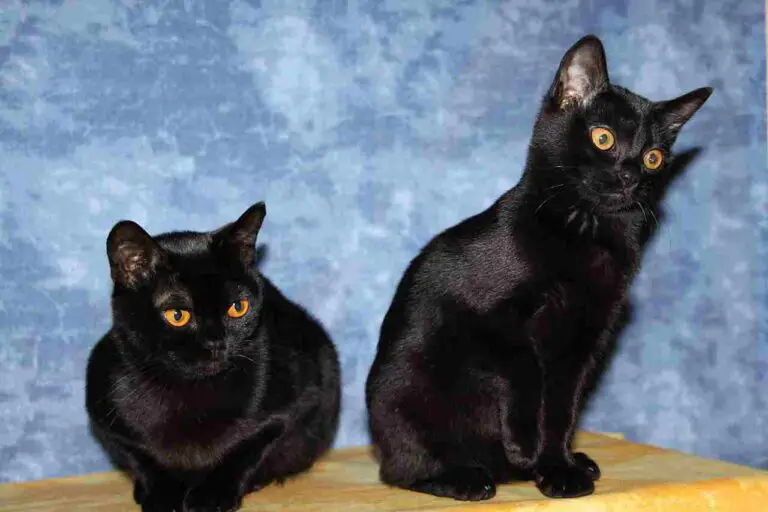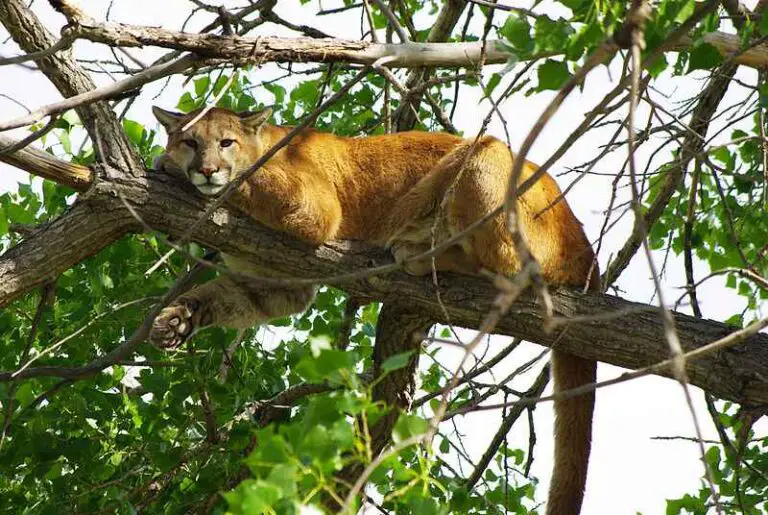Is Coral a Producer or Consumer? Coral Food Chain Position and Role
In the context of the ocean ecosystem, corals can be classified as both producers and consumers due to their symbiotic relationship with zooxanthellae. As producers, they harness energy through photosynthesis performed by zooxanthellae, converting sunlight into nutrients. However, they also consume organic matter, making them consumers in the marine food web. This dual role highlights their importance as both contributors to and beneficiaries of the ocean’s ecological balance.
Reasons Why Corals May be Classified as Producers in the Ocean
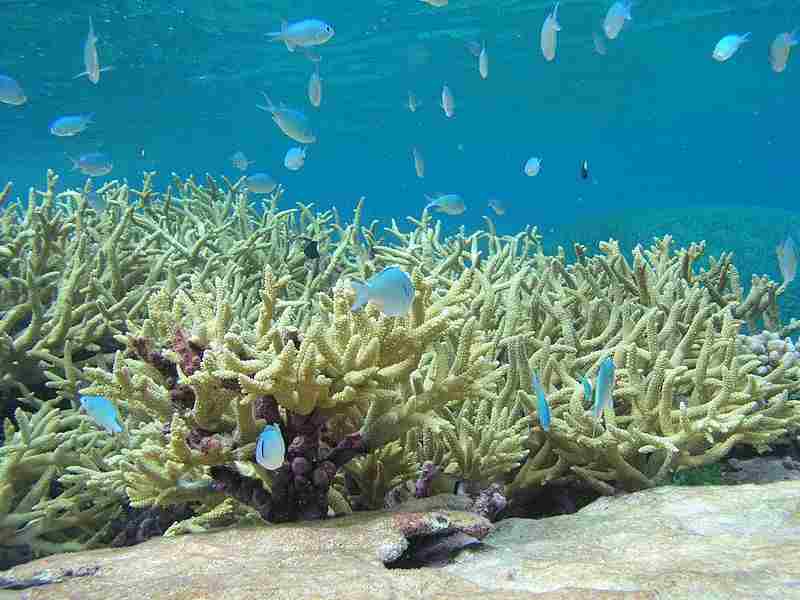
-
Symbiotic Relationship: Corals harbor zooxanthellae, photosynthetic algae, within their tissues.
-
Photosynthesis: Zooxanthellae utilize sunlight to produce organic compounds, such as glucose, which serve as energy sources for both the algae and the coral host.
-
Nutrient Production: Through photosynthesis, corals produce oxygen and other nutrients that contribute to the overall productivity of the marine ecosystem.
-
Foundation Species: Corals play a vital role in providing habitat and food for a diverse array of marine organisms, further enhancing their status as producers within the ocean environment.
Is Coral a Consumer?
In marine ecosystems, corals can indeed be classified as consumers due to their reliance on consuming organic matter for energy and nutrients. While they primarily obtain energy through photosynthesis performed by zooxanthellae, corals also engage in heterotrophic feeding, capturing plankton and other small organisms. This dual feeding strategy allows corals to adapt to varying environmental conditions and ensures their survival in nutrient-poor waters.
Reasons Why Corals May be Classified as Consumers
-
Heterotrophic Feeding: Corals actively capture and consume plankton, detritus, and other organic matter from the surrounding water.
-
Energy Acquisition: In addition to photosynthesis, corals rely on heterotrophic feeding to supplement their energy needs, especially in nutrient-deprived environments or during periods of stress.
-
Versatile Feeding Strategy: The ability to consume a variety of prey items allows corals to adapt to changing environmental conditions and optimize their energy intake.
-
Secondary Consumers: By consuming other organisms, corals occupy a position as secondary consumers in the marine food web, contributing to the transfer of energy and nutrients within the ecosystem.
Corals can be classified as both consumers and producers in the marine ecosystem due to their dual role in harnessing energy through photosynthesis performed by zooxanthellae and consuming organic matter from their environment.
Is A Coral A Decomposer?
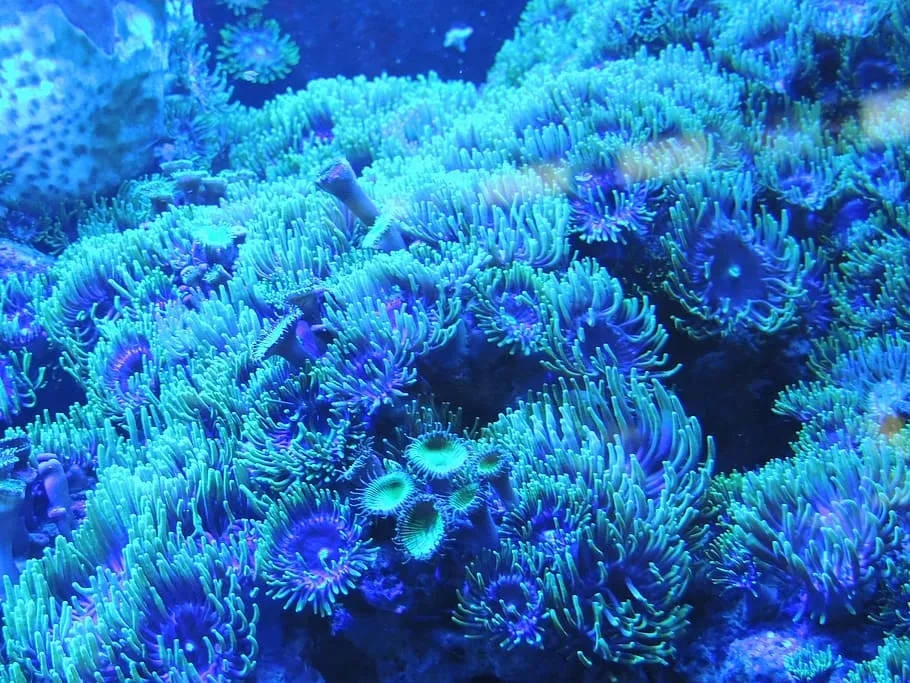
Corals are not typically classified as decomposers in the marine ecosystem. While they may break down organic matter through heterotrophic feeding, their primary role revolves around energy acquisition rather than the decomposition of dead organisms. Instead, corals contribute to nutrient cycling through their interactions with symbiotic algae and consumption of prey items.
Is A Coral A Predator Producer Or Both?
Corals can be classified as both predator and producer in the marine ecosystem. As predators, they actively capture and consume plankton and other small organisms in the water column. Additionally, as producers, corals utilize photosynthesis performed by zooxanthellae to generate energy from sunlight. This dual role highlights their versatility and importance in maintaining the balance of the marine food web.
Factors that May Qualify Corals as Predators
-
Prey Capture: Corals possess specialized structures such as tentacles equipped with stinging cells, which they use to capture and immobilize prey items.
-
Feeding Behavior: Corals actively engage in predation by extending their tentacles to catch passing plankton and other small organisms.
-
Energy Acquisition: Predation allows corals to supplement their energy needs, especially in nutrient-poor environments where photosynthesis alone may not suffice.
-
Role in Food Web: By consuming prey, corals contribute to the transfer of energy and nutrients within the marine ecosystem, playing a vital role as predators in the complex web of interactions.
What Category Does Coral Come Under?
Corals belong to the category of organisms known as cnidarians, specifically within the subclass Hexacorallia. Within this category, corals play various roles in marine ecosystems, including producers, consumers, and predators, depending on their interactions with symbiotic organisms and prey items.
Coral Reef Food Web Position and Role
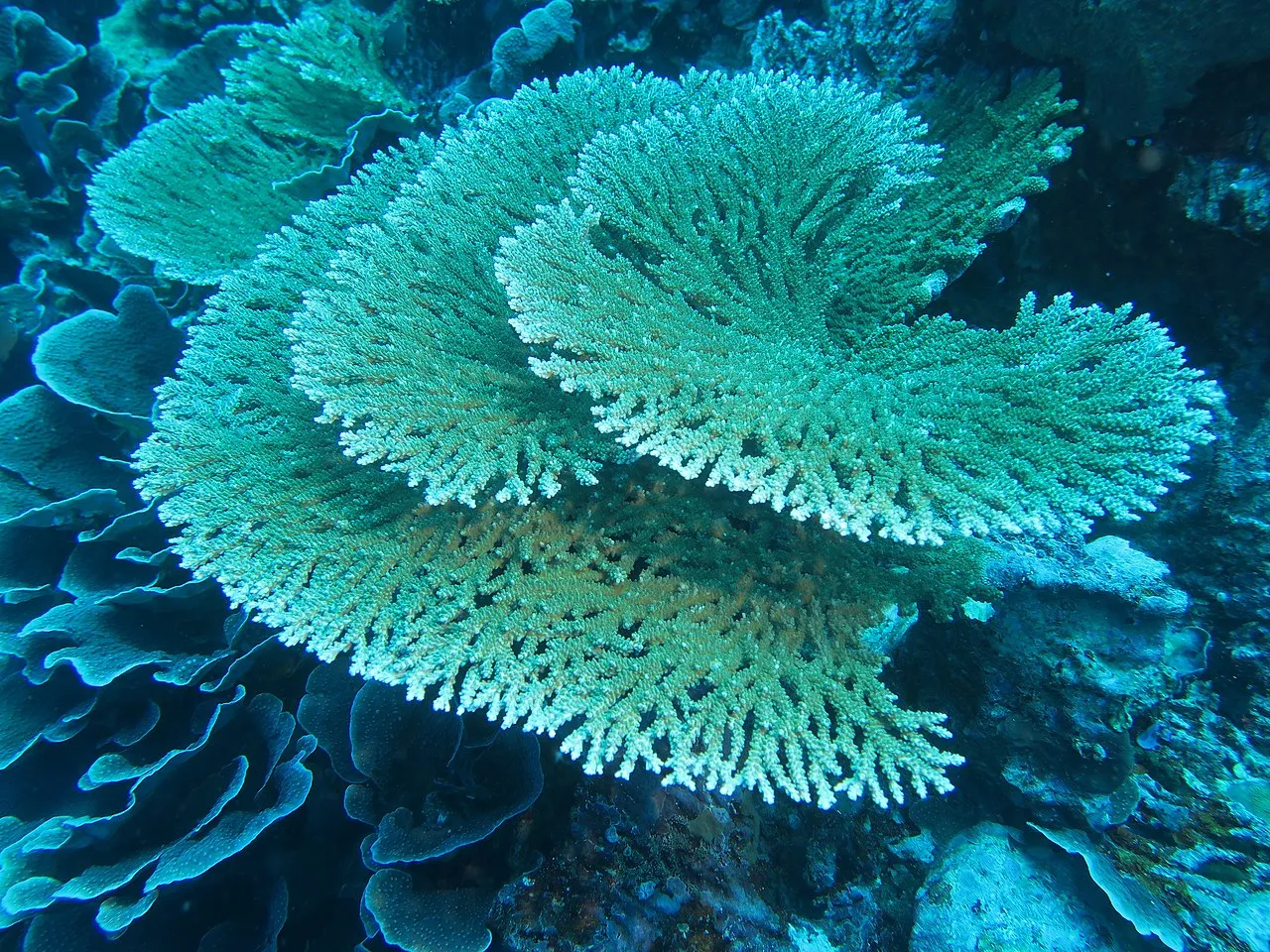
In coral reef ecosystems, corals play a pivotal role in shaping the structure and dynamics of the food web. Positioned as primary producers, corals harness energy through photosynthesis performed by symbiotic zooxanthellae, converting sunlight into organic matter. This energy forms the basis of the reef ecosystem, supporting a diverse array of organisms, including fish, invertebrates, and other marine life.
Furthermore, corals also function as consumers, actively capturing plankton and other small organisms through heterotrophic feeding. By occupying multiple trophic levels, corals contribute to the transfer of energy and nutrients within the food web, facilitating the flow of resources throughout the ecosystem.
Overall, corals serve as critical foundation species in coral reef ecosystems, providing habitat, food, and ecological services essential for the survival and sustainability of numerous marine species. Their intricate interactions with other organisms underscore their significance in maintaining the health and resilience of coral reef ecosystems worldwide.
*Summary
- Corals occupy a central position in coral reef food webs as both producers and consumers.
- They harness energy through photosynthesis performed by symbiotic zooxanthellae.
- Corals actively capture plankton and other small organisms through heterotrophic feeding.
- Their dual roles contribute to the transfer of energy and nutrients within the ecosystem.
- Corals serve as foundation species, providing habitat and food for a diverse array of marine organisms.
- Their interactions with other organisms are crucial for the health and resilience of coral reef ecosystems.
| Role | Description |
| Primary Producer |
– Corals utilize photosynthesis with zooxanthellae to convert sunlight into organic matter.
|
|
– This process forms the foundation of the coral reef ecosystem, supporting diverse marine life.
|
|
| Consumer |
– Corals also act as consumers by capturing plankton and other organisms through feeding.
|
|
– Their heterotrophic feeding supplements their energy needs and contributes to nutrient cycling.
|
|
| Habitat Provider |
– Corals provide essential habitat for numerous marine species, supporting biodiversity.
|
|
– They create complex reef structures that serve as shelter, breeding grounds, and feeding areas.
|
|
| Ecosystem Support |
– Through their roles as producers and consumers, corals facilitate the flow of energy and nutrients within the ecosystem.
|
|
– Their interactions are vital for maintaining ecosystem health and resilience.
|
FAQs about Corals as Consumers in Marine Ecosystems
Q: What are the main types of corals found in marine ecosystems? A: The main types of corals include hard corals (scleractinians), soft corals (octocorals), and black corals (antipatharians). Each type plays a unique role in reef formation and biodiversity.
Q: How do corals reproduce in marine ecosystems? A: Corals reproduce sexually through spawning events, where gametes are released into the water for fertilization. They also reproduce asexually through methods such as budding and fragmentation, contributing to the growth and expansion of coral colonies.
Q: What threats do corals face in marine ecosystems? A: Corals face numerous threats, including ocean warming, ocean acidification, pollution, overfishing, and physical damage from human activities. These threats can lead to coral bleaching, disease outbreaks, and ultimately coral reef degradation.
Q: How can individuals help protect coral reefs in marine ecosystems? A: Individuals can help protect coral reefs by practicing sustainable tourism, reducing carbon emissions, using reef-safe sunscreen, supporting marine conservation efforts, and adopting eco-friendly practices in their daily lives.
Q: Are all corals reef-building organisms? A: No, not all corals are reef-building organisms. While hard corals (scleractinians) are the primary reef-builders, other corals, such as soft corals and black corals, may contribute to reef structure but to a lesser extent.
